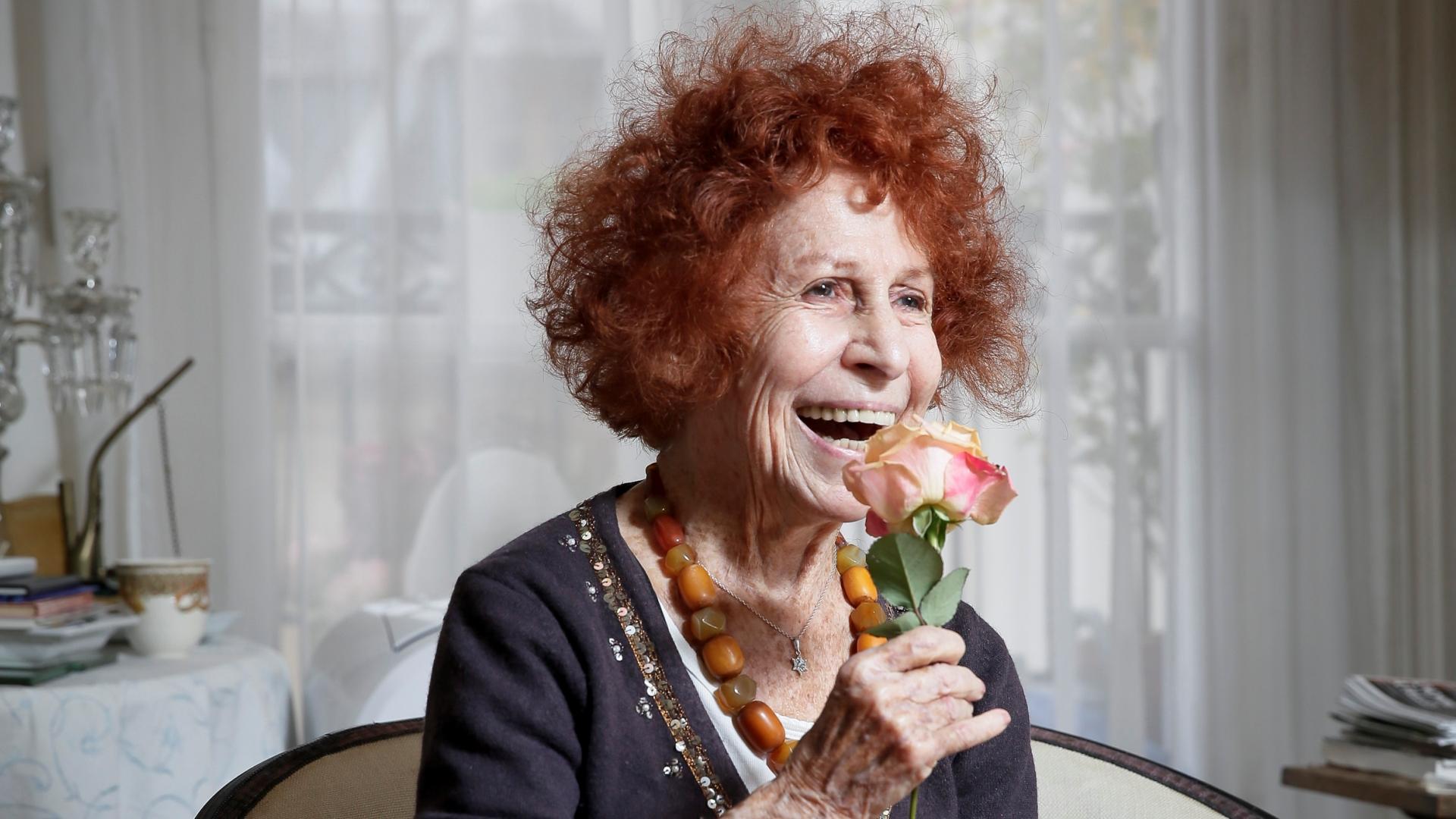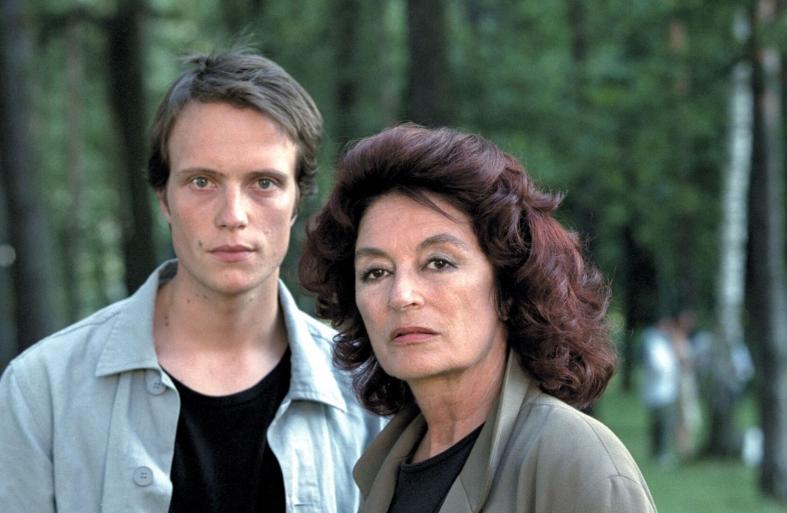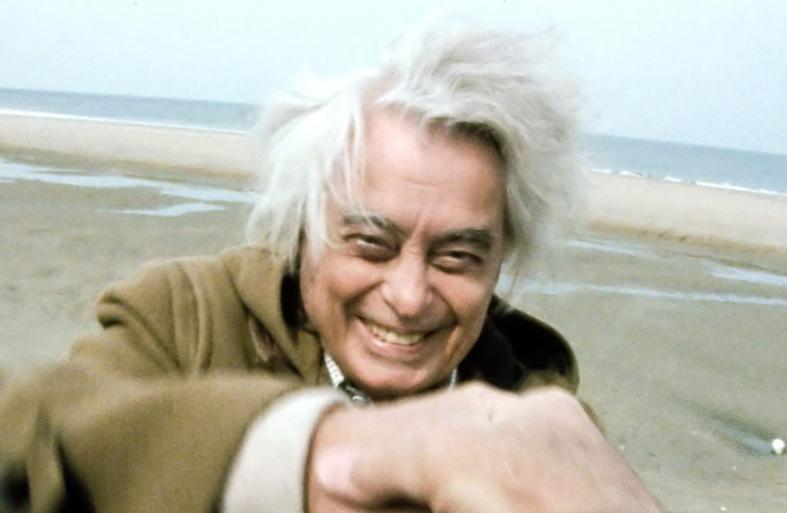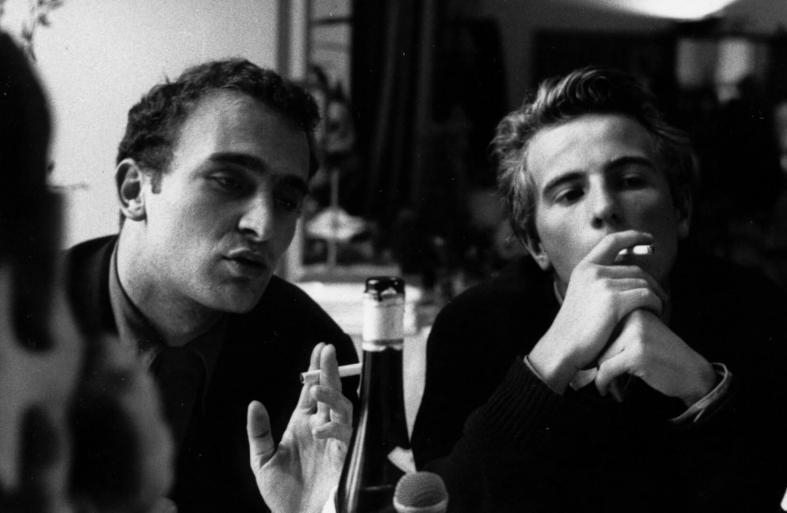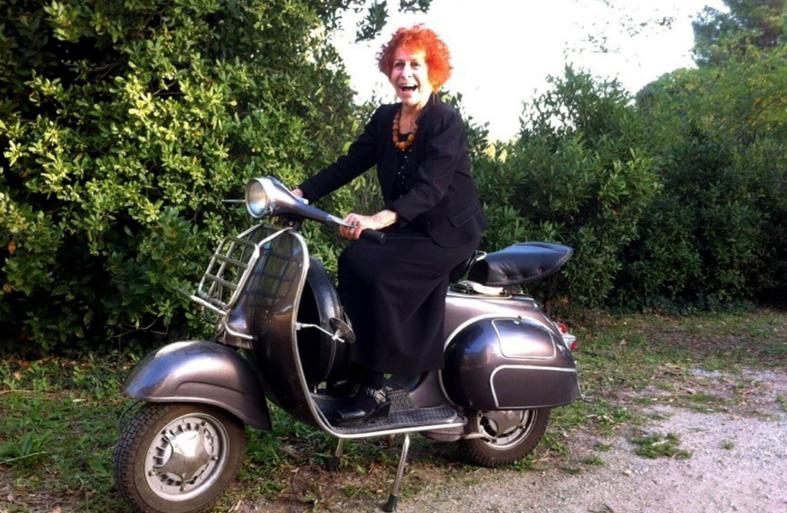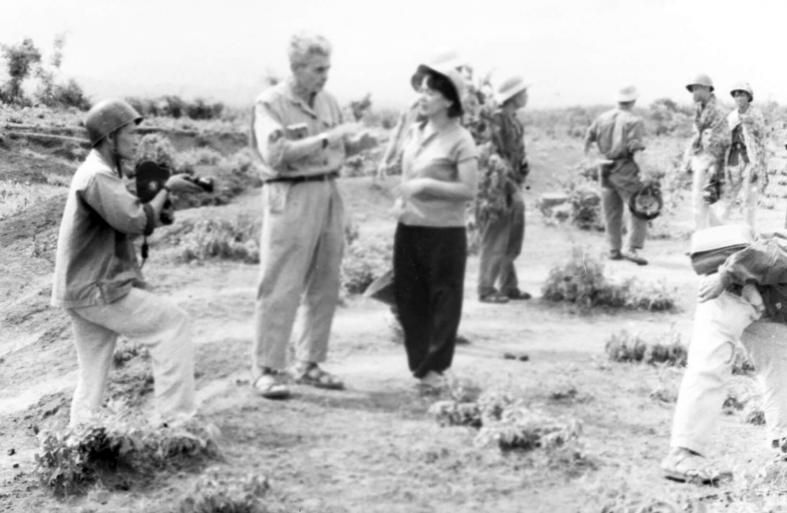Cinema was the weapon of Marceline Loridan-Ivens in permanent struggle against her memories and her ghosts. On a screen, the time of a long shot sequence of the film CHRONICLE OF A SUMMER by Jean Rouch and Edgar Morin, that she told for the first time her story, that of a girl deported to Auschwitz in fourteen, with his father who never returned. It was in 1961, in the heart of a silent and happy amnesiac era.
And it is by the movies then, but behind the camera, that the survivor has sealed a pact with life, the present, the great causes of her generation. A love pact too, with the great documentary filmmaker Joris Ivens who became her husband.
They left to turn 17TH PARALLEL, on the front line of the Vietnam war.
Then they plunged into the cultural revolution in China from which they shot fourteen short, long and medium-length films collected under the dreamy title HOW YUKONG MOVED THE MOUNTAINS. Marceline was not necessarily in foreign land. War, survival, revolt were part of her. Crushed by history, she now had the feeling of weighing on her.
And it is equipped with a camera, the scenario of THE BIRCH-TREE MEADOW, that she was able to return to Birkenau, to exhume finally the camp which had wanted her death. It was in 2003. "I'm alive! exclaims the heroine from the top of an abandoned lookout. This is the unforgettable cry of Marceline Loridan-Ivens who left us last year, at the end of a life fiercely Balagan.
Avec le soutien de la Fondation pour la Memoire de la Shoah


